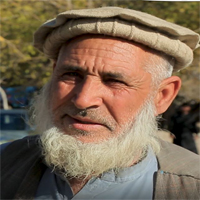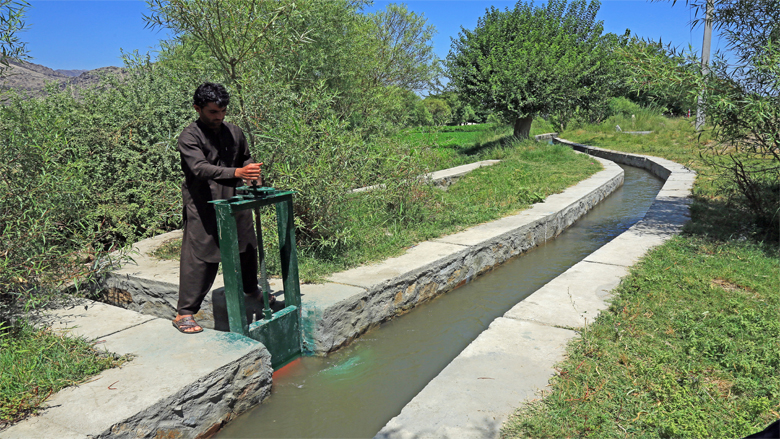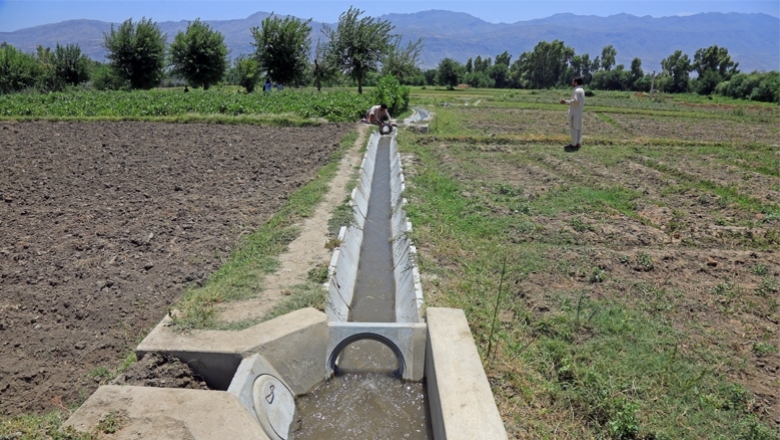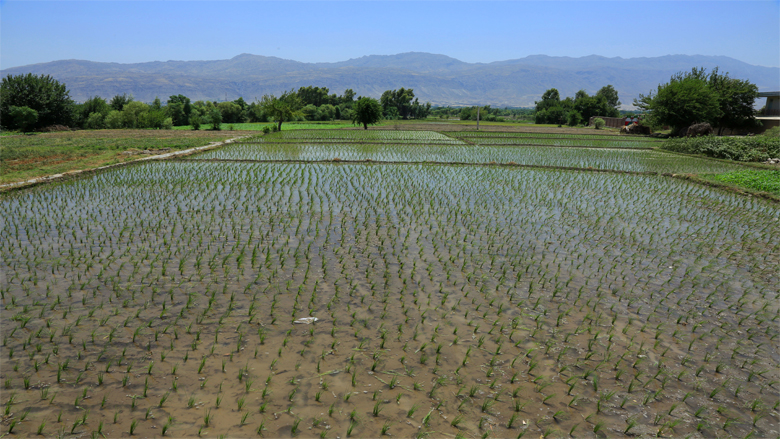Help Reduce Poverty
Mohammad Omar, 51, a resident and farmer in Bar-Sultan Pur village who owns six jeribs (1.2 hectares) of farmland, appreciates the work ONFWMP has supported. , and he expects to increase cultivation on his farmland in the future.
“All the farmers are happy about this as our farms have survived the threat of a dry harvest. If in the past we could harvest 560 kilos of corn, this has since doubled,” says Omar, who has decided to expand this year by renting more land. He also believes the culverts have brought services to people who need them. “In the past, cars could only come to certain areas of the village. Now cars can come straight to any house and the culverts have made it possible.”
. “Thanks to the canal pavement, people no longer need to worry about water wastage or spending money on canal cleaning every year,” Omar says. “The paved canal has brought water wastage close to zero for the farmers.” As a result, Bar-Sultan Pur residents no longer need to collect money to clean the canal every year, instead, they contribute a specific amount of money to their IA bank account, established by the ONFWMP, for the operation and maintenance of the canal.
View of farmlands in Bar-Sultan Pur village in Surkh-Rod district, eastern Nangarhar Province. Photo Credit: Rumi Consultancy/ World Bank In addition to improving irrigation of their lands, . The project laser leveled a piece of village land to show how leveling the land evenly helped distribute irrigation water better, thus improving crops. Village farmers were eager to implement the same system on their lands after seeing the benefits.
, like Abdul Malik, who had farmed and irrigated in the traditional way for many years. “Overall, the project has boosted the productivity of local farmers in the village. In the long run, it will reduce poverty and increase the quality of living conditions for many,” he says.
Safiullah, 28, a farmer and friend of Malik’s, agrees as the two men walk the twists of the canal, monitoring its maintenance. “In the past, we could not produce beyond our main crop, which is wheat,” he says, “now we can produce vegetables, which adds to our earnings.”





